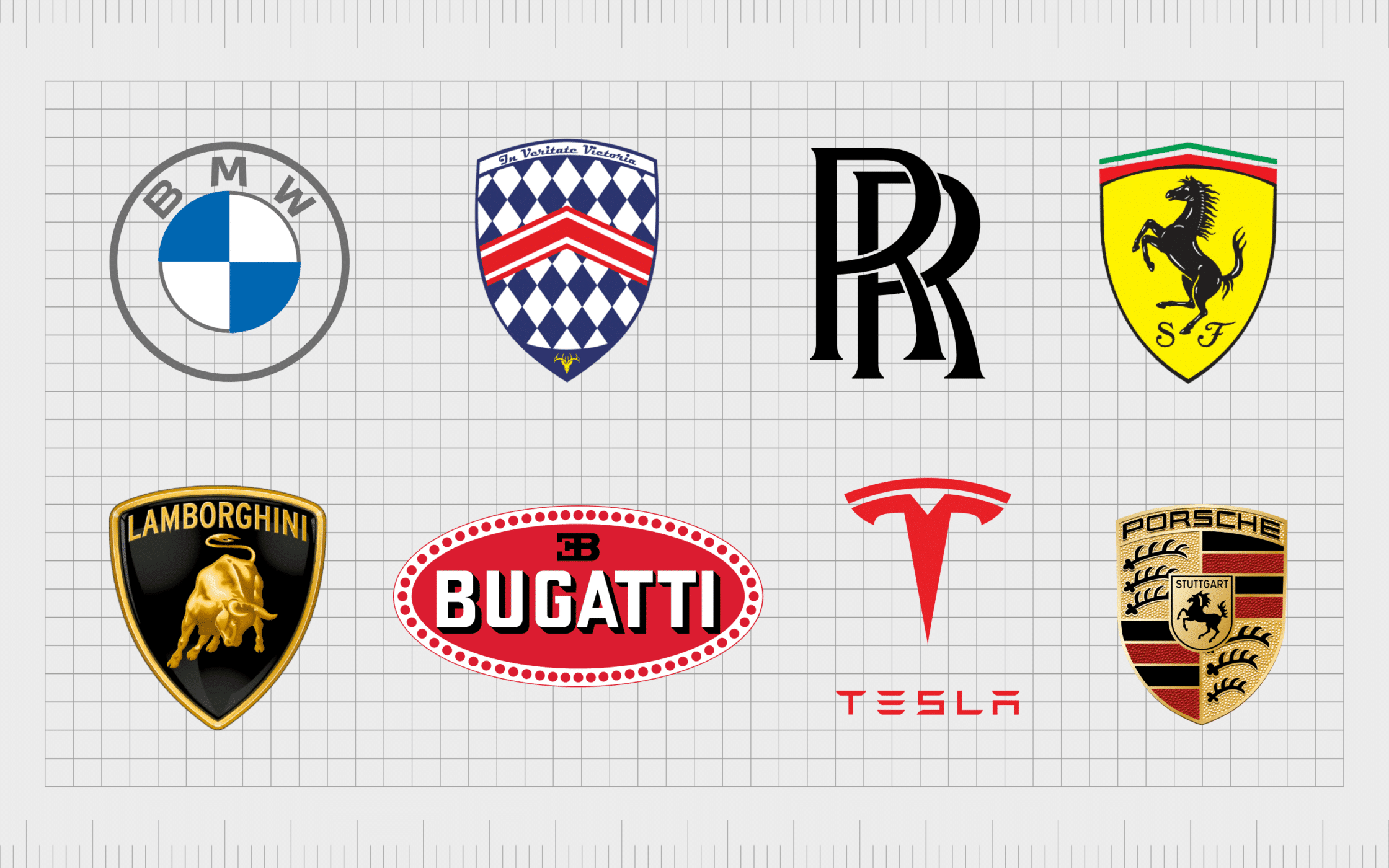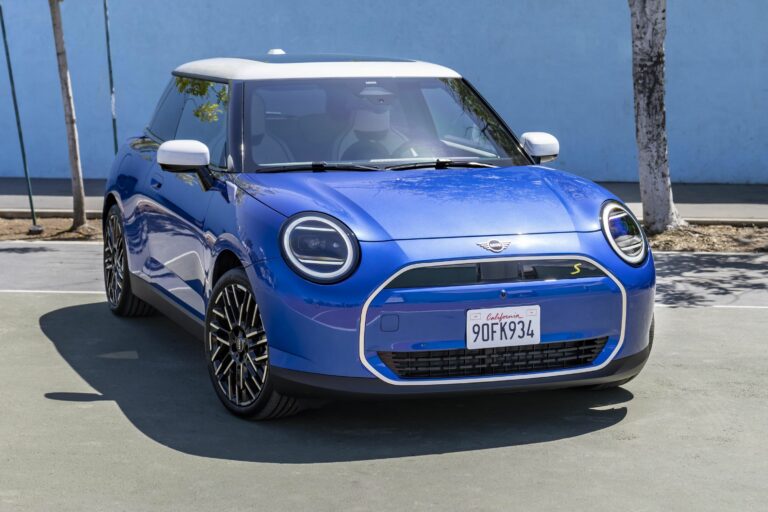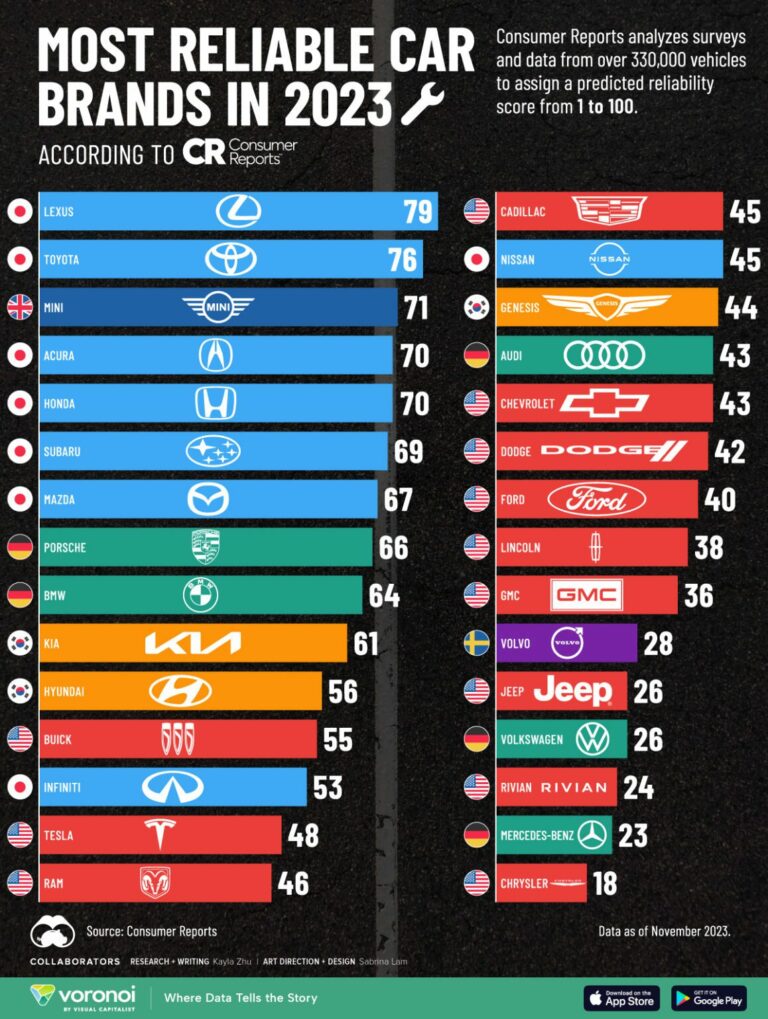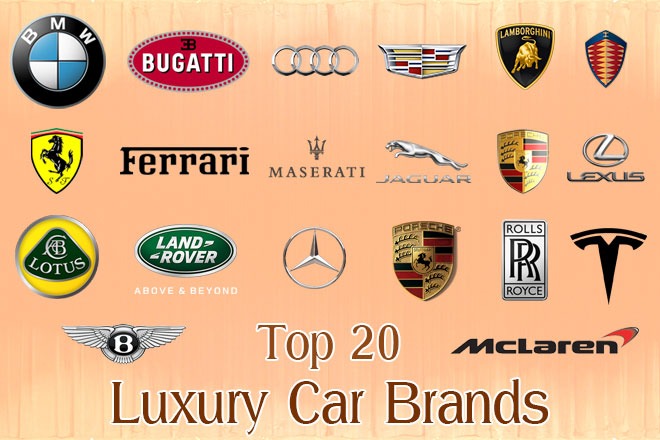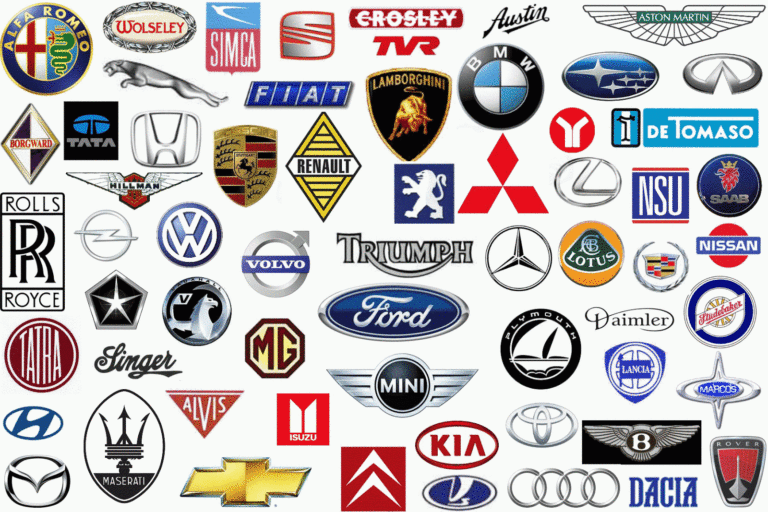Top Car Brands: A Comprehensive Guide to Automotive Excellence
Top Car Brands: A Comprehensive Guide to Automotive Excellence cars.truckstrend.com
The automotive industry is a fascinating realm of innovation, engineering prowess, and design artistry. At its pinnacle reside the "Top Car Brands" – names synonymous with quality, performance, and prestige. These brands aren’t just manufacturers; they are purveyors of dreams, symbols of status, and architects of our daily mobility. Understanding what defines these leading marques, their diverse offerings, and the evolving landscape they navigate is crucial for anyone looking to make an informed automotive decision or simply appreciate the zenith of vehicular achievement.
What Defines a "Top" Car Brand?
Top Car Brands: A Comprehensive Guide to Automotive Excellence
The designation of a "top" car brand is multifaceted, encompassing a blend of objective metrics and subjective perceptions. It’s more than just sales figures; it’s about a consistent commitment to excellence across several key areas:
- Quality and Reliability: Perhaps the most fundamental characteristic, top brands consistently produce vehicles known for their durability, longevity, and minimal mechanical issues. They stand behind their products with strong warranties and robust after-sales support.
- Innovation and Technology: Leading brands are often at the forefront of automotive innovation, pioneering new technologies in safety (e.g., advanced driver-assistance systems – ADAS), performance (e.g., hybrid and electric powertrains), connectivity (e.g., intuitive infotainment systems), and comfort.
- Design and Aesthetics: A top car brand often boasts an instantly recognizable design language, blending aesthetic appeal with aerodynamic efficiency and ergonomic functionality. Their vehicles are often considered works of art.
- Performance and Driving Dynamics: Whether it’s the raw power of a supercar, the refined ride of a luxury sedan, or the agile handling of a sports compact, top brands deliver a superior driving experience tailored to their segment.
- Safety: Beyond compliance, top brands invest heavily in active and passive safety features, consistently achieving high ratings in independent crash tests.
- Brand Heritage and Reputation: Many top brands have rich histories, building a legacy of trust, prestige, and enthusiast loyalty over decades, sometimes even a century. This heritage often translates into strong brand recognition and perceived value.
- Market Share and Sales Volume: While not the sole determinant, consistent high sales figures indicate widespread consumer acceptance and trust, proving a brand’s ability to meet diverse market demands.
- Customer Satisfaction: From the buying experience to long-term ownership, top brands prioritize customer service, ensuring a positive relationship throughout the vehicle’s lifecycle.
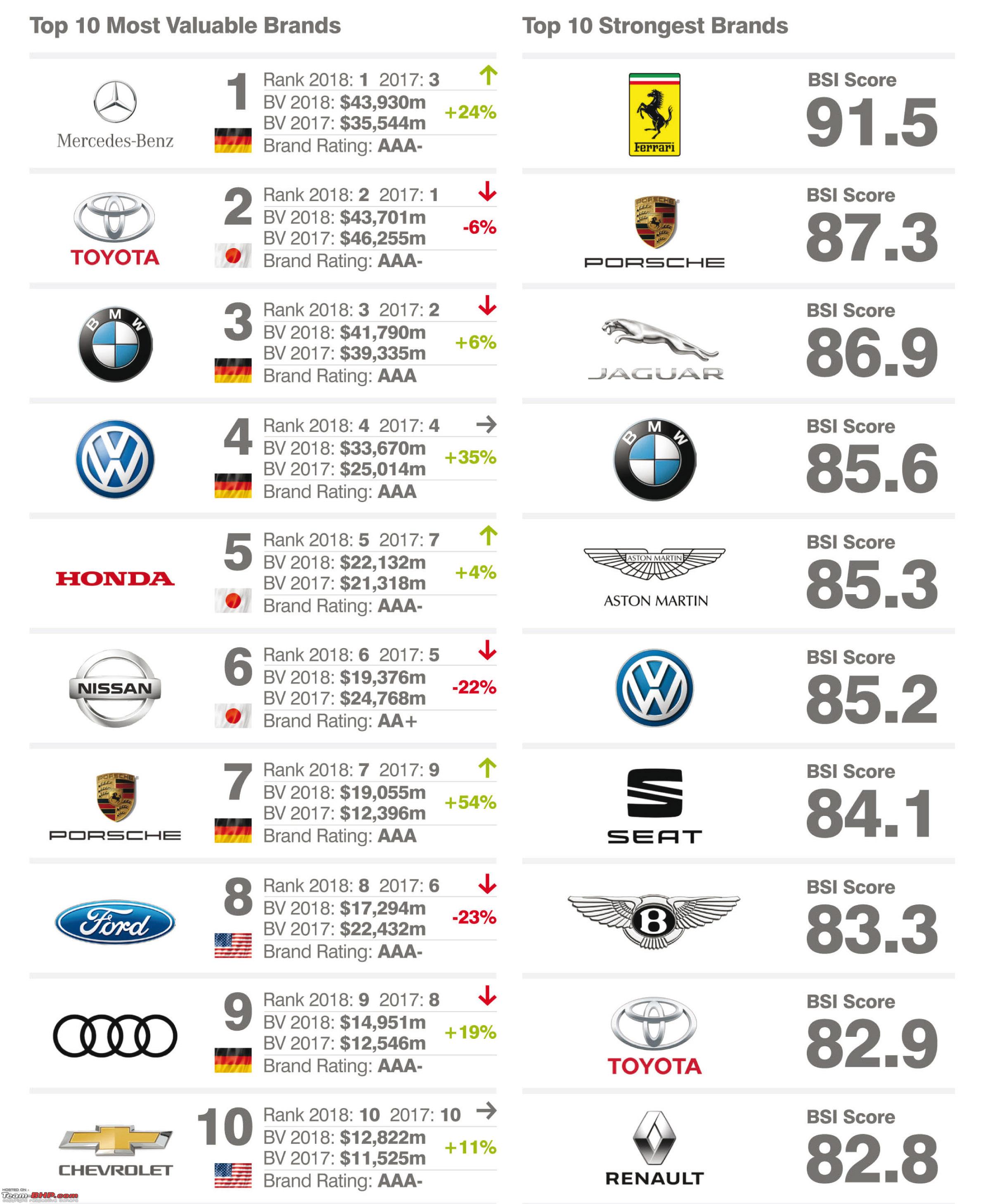
The Diverse Landscape of Top Car Brands by Category
The automotive market is vast, and top brands often excel within specific niches or cater to distinct consumer needs. Here’s a breakdown of common categories:
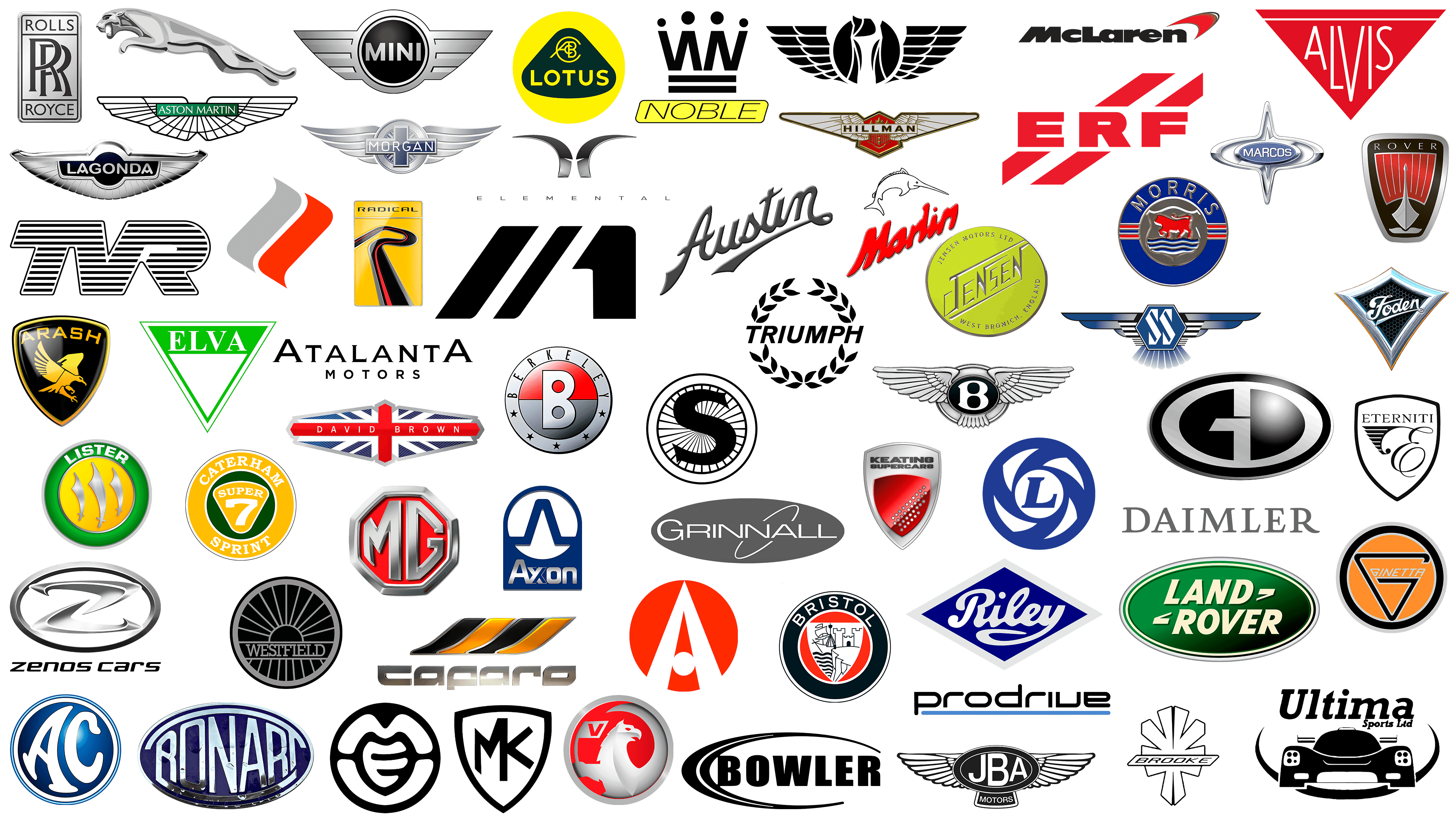
1. Luxury & Performance Elites: The Epitome of Prestige and Power
These brands represent the pinnacle of automotive engineering and craftsmanship, offering unparalleled luxury, cutting-edge technology, and exhilarating performance. They often come with a premium price tag, reflecting their exclusivity and superior build quality.
- Mercedes-Benz, BMW, Audi (The German Trio): Renowned for their sophisticated engineering, opulent interiors, dynamic driving characteristics, and a wide range of models from executive sedans to high-performance SUVs. They are pioneers in luxury technology and driver-assist systems.
- Lexus: Toyota’s luxury arm, Lexus is celebrated for its unwavering reliability, supremely comfortable rides, exceptional build quality, and customer service. They offer a refined, quiet, and dependable luxury experience.
- Porsche: While known for iconic sports cars like the 911, Porsche has successfully expanded into luxury SUVs (Cayenne, Macan) and electric vehicles (Taycan), maintaining its reputation for thrilling performance and everyday usability.
- Ferrari & Lamborghini: These Italian marques are the dream machines of the supercar world, embodying extreme performance, dramatic design, and unparalleled exclusivity. They represent the ultimate in automotive passion.
2. Mass-Market Innovators & Reliables: The Backbone of Global Mobility
These brands dominate the volume segments, offering practical, reliable, and value-packed vehicles for everyday use. Their strength lies in broad appeal, efficient manufacturing, and a focus on meeting diverse consumer needs.
- Toyota: Consistently ranked among the most reliable and highest-selling brands globally, Toyota is a master of efficient production and durable vehicles. They are leaders in hybrid technology and offer a car for almost every segment.
- Honda: Known for its engineering excellence, fuel-efficient engines, and fun-to-drive cars, Honda offers a compelling blend of reliability, practicality, and sporty dynamics across its lineup, from compact cars to SUVs.
- Volkswagen: The cornerstone of German engineering for the masses, Volkswagen offers well-built, refined vehicles with a focus on ride comfort, safety, and a premium feel that often belies their price point.
- Ford: An American icon, Ford has a diverse portfolio, particularly strong in trucks (F-Series, the best-selling vehicle in the US for decades) and SUVs, while also embracing electrification with models like the Mustang Mach-E.
- Hyundai & Kia: These South Korean powerhouses have rapidly ascended the ranks, shedding their budget-brand image to offer stylish, tech-laden, and highly reliable vehicles with excellent warranties, providing incredible value.
3. Electric Vehicle Pioneers: Shaping the Future
As the automotive world pivots towards electrification, certain brands have taken the lead in developing and popularizing electric vehicles (EVs).
- Tesla: The undisputed disruptor, Tesla revolutionized the EV market with long-range batteries, a dedicated charging network (Superchargers), and cutting-edge software-driven features like Autopilot.
- BYD: A Chinese giant, BYD has become a global leader in EV production, offering a wide range of electric passenger vehicles, buses, and trucks, often focusing on battery technology and affordability.
- Rivian: An American startup that has made a significant impact with its premium electric trucks (R1T) and SUVs (R1S), focusing on adventure and utility.
Key Considerations When Choosing Your Ideal Brand
Navigating the vast array of top car brands requires a clear understanding of your own priorities. Here’s practical advice on what to consider:
- Budget (Purchase & Ownership): Beyond the sticker price, consider fuel/charging costs, insurance, maintenance, and potential depreciation. A luxury brand might have higher upfront costs but also higher maintenance expenses.
- Lifestyle and Needs: A family of five needs a different vehicle than a single commuter. Consider seating capacity, cargo space, intended use (city driving, off-roading, long commutes), and specific features like towing capacity.
- Reliability and Maintenance: Research brand-specific reliability ratings (e.g., Consumer Reports, J.D. Power). Factor in the availability and cost of parts and service in your area. Brands like Toyota and Honda typically have lower long-term ownership costs.
- Safety Features: Prioritize vehicles with advanced safety technologies (e.g., automatic emergency braking, lane-keeping assist, blind-spot monitoring) and strong crash test ratings from organizations like the NHTSA or IIHS.
- Technology and Connectivity: Evaluate the infotainment system’s user-friendliness, smartphone integration (Apple CarPlay, Android Auto), navigation, and availability of driver-assist features.
- Resale Value: Some brands and models hold their value better than others. This is an important consideration if you plan to sell or trade in your vehicle in a few years.
- Environmental Impact: If sustainability is a priority, explore hybrid, plug-in hybrid, or full electric vehicle options. Consider the brand’s commitment to eco-friendly manufacturing.
- Brand Reputation and After-Sales Service: A strong brand reputation often translates to better customer support and a more pleasant ownership experience. Read reviews about dealerships and service centers.
The Evolution of Automotive Excellence: Challenges and Trends
The automotive industry is in a state of unprecedented transformation, and top brands are leading this charge, albeit facing significant challenges:
- Electrification: The global push towards electric vehicles is reshaping product lineups, manufacturing processes, and supply chains. Top brands are investing billions in battery technology, charging infrastructure, and new EV platforms.
- Autonomous Driving: While fully self-driving cars are still some way off, top brands are rapidly advancing ADAS features, moving towards higher levels of automation that enhance safety and convenience.
- Connectivity and Software-Defined Vehicles: Cars are becoming increasingly connected, offering over-the-air updates, subscription services, and seamless integration with digital ecosystems. This requires new expertise in software development and cybersecurity.
- Sustainability: Beyond powertrain, brands are focusing on sustainable materials, eco-friendly manufacturing processes, and circular economy principles to reduce their environmental footprint.
- Globalization and Emerging Markets: The rise of powerful new brands from countries like China (e.g., BYD, Nio) is intensifying competition and shifting global automotive power dynamics.
- Supply Chain Resilience: Recent global events have highlighted the fragility of complex supply chains, prompting top brands to re-evaluate sourcing and production strategies.
Top Car Brands: A Price Range Overview
It’s important to note that pricing for a "brand" is a broad generalization, as each brand offers numerous models at varying price points. The table below provides a representative price range for new vehicles from selected top brands, along with their key differentiating factors. These ranges are approximate and can vary significantly based on model, trim, options, region, and market conditions.
| Brand Name | Country of Origin | Primary Segment | Representative Price Range (USD) | Key Differentiating Factor |
|---|---|---|---|---|
| Toyota | Japan | Mass Market, Reliability | $20,000 – $60,000 | Unmatched Reliability, High Resale Value |
| Honda | Japan | Mass Market, Versatility | $22,000 – $55,000 | Engineering Excellence, Fuel Efficiency |
| Mercedes-Benz | Germany | Luxury, Performance | $45,000 – $200,000+ | Prestige, Opulent Interiors, Advanced Tech |
| BMW | Germany | Luxury, Driving Dynamics | $40,000 – $180,000+ | "Ultimate Driving Machine", Sporty Luxury |
| Audi | Germany | Luxury, Technology | $40,000 – $150,000+ | Sophisticated Design, Quattro AWD |
| Tesla | USA | Electric, Innovation | $40,000 – $120,000+ | EV Pioneer, Autonomy, Software Integration |
| Porsche | Germany | Performance, Luxury Sports | $60,000 – $250,000+ | Iconic Sports Cars, Everyday Usability |
| Hyundai | South Korea | Value, Rapid Improvement | $20,000 – $70,000 | Design, Technology Features for the Price |
| Kia | South Korea | Value, Style | $19,000 – $65,000 | Bold Design, Strong Warranty |
| Ford | USA | Mass Market, Trucks | $25,000 – $80,000+ | American Icon, Dominant Truck Sales |
Frequently Asked Questions (FAQ)
Q1: What is considered the most reliable car brand?
While reliability can vary by model and year, Toyota and Honda consistently rank at the top in various independent studies (e.g., Consumer Reports, J.D. Power) for their exceptional long-term durability and low incidence of mechanical issues.
Q2: Which car brands hold their value best?
Brands known for strong reliability and high demand tend to retain their value better. Toyota, Honda, Subaru, and high-performance luxury brands like Porsche often have excellent resale values. Electric vehicles like Tesla can also hold value well due to high demand for new technology.
Q3: Are luxury cars worth the extra cost?
This is subjective. Luxury cars offer superior comfort, advanced technology, higher performance, and often greater prestige. For some, these benefits justify the higher purchase price, maintenance costs, and insurance. For others, the practicality and value offered by mass-market brands are more appealing.
Q4: How important is a car’s country of origin when choosing a top brand?
Historically, a brand’s country of origin was strongly associated with specific engineering philosophies (e.g., German precision, Japanese reliability, American power). While still influencing brand identity, globalized manufacturing means parts and assembly often come from various countries, blurring the lines. Focus more on the brand’s overall reputation and specific model reviews.
Q5: What are the emerging trends affecting top car brands?
The most significant trends are the rapid shift towards electric vehicles (EVs), the development of autonomous driving technology, increased vehicle connectivity (software updates, subscription services), and a greater focus on sustainability in materials and manufacturing.
Q6: Should I buy an electric car from a top brand?
Many top brands now offer compelling EV models. Buying an EV from a reputable brand can offer peace of mind regarding build quality, service networks, and technology maturity. Consider factors like range, charging infrastructure availability, and your daily driving needs when making the switch.
Concluding Summary
The world of top car brands is a dynamic testament to human ingenuity and relentless pursuit of excellence. From the robust reliability of Toyota to the cutting-edge innovation of Tesla, and the unparalleled luxury of Mercedes-Benz, these brands continually push the boundaries of what’s possible on four wheels. Defining a "top" brand involves a complex interplay of quality, innovation, design, and customer satisfaction. As the automotive landscape continues to evolve, driven by electrification and digital integration, these leading marques will undoubtedly remain at the forefront, shaping our mobility and inspiring driving enthusiasts for generations to come. When choosing your next vehicle, understanding these brands and their unique strengths will empower you to make a choice that perfectly aligns with your needs, desires, and values.
